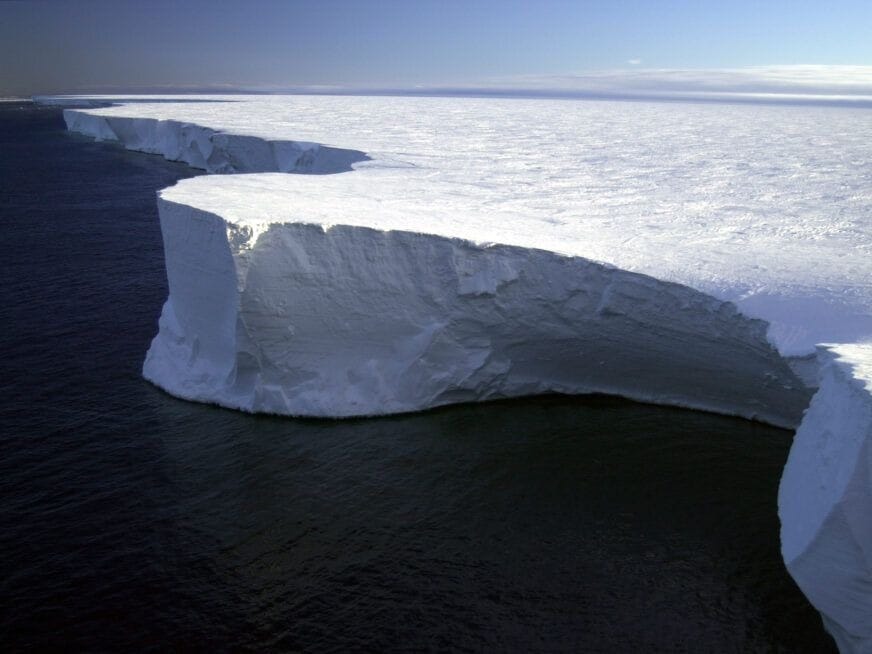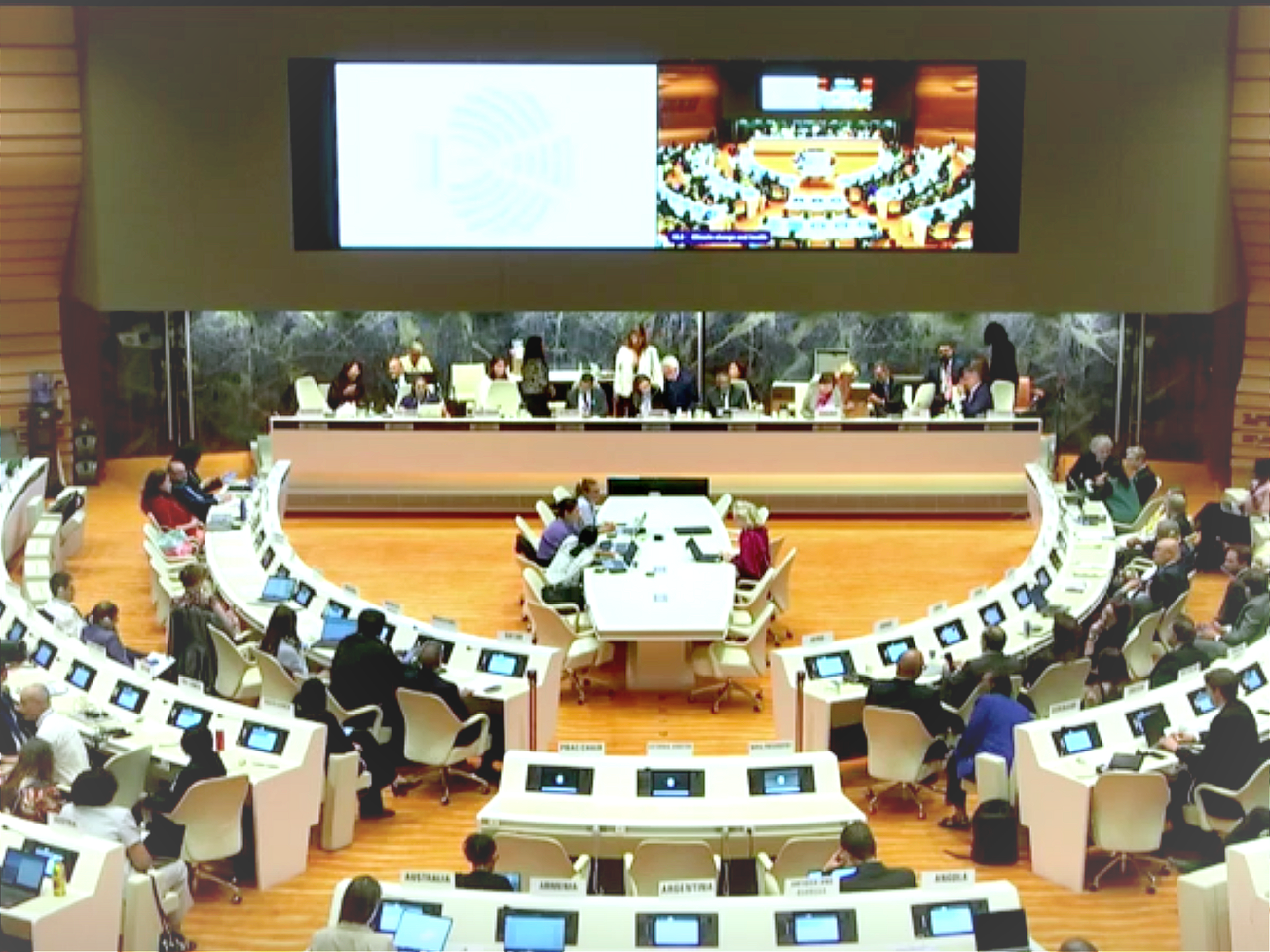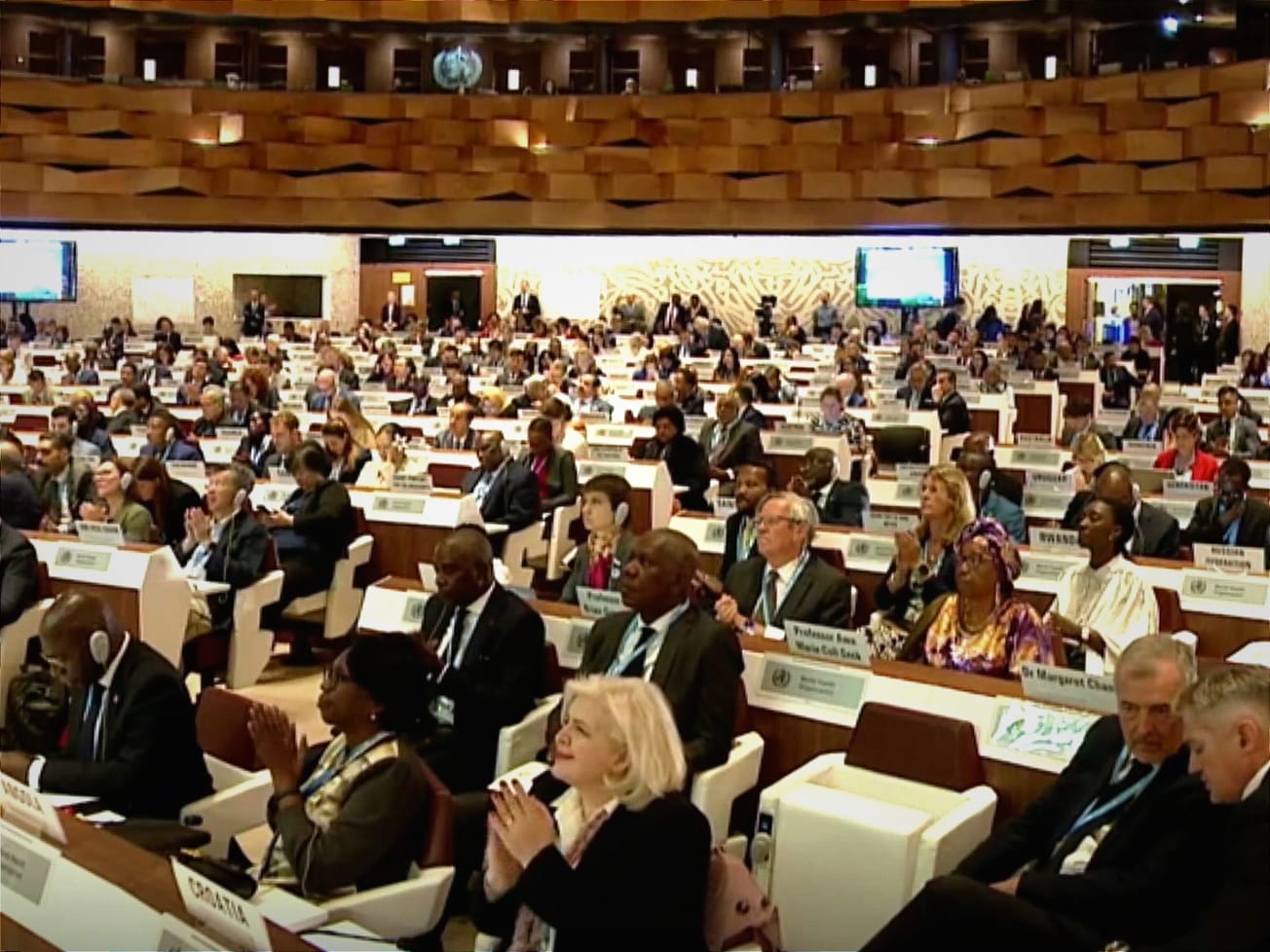DAVOS, Switzerland (AN) — The world's fourth largest and southernmost ocean is "surprisingly unknown" despite its importance to climate change, polar researchers said.
The need for more science focused on the Southern Ocean was among the themes of the Polar 2018 conference about the Arctic, Antarctic and high altitude regions, where researchers said social sciences are increasingly important — and nations such as China could add knowledge.







